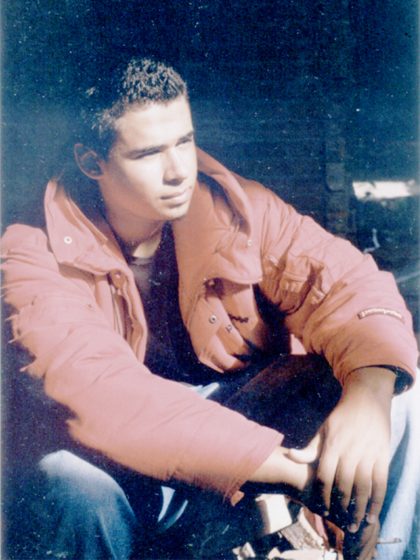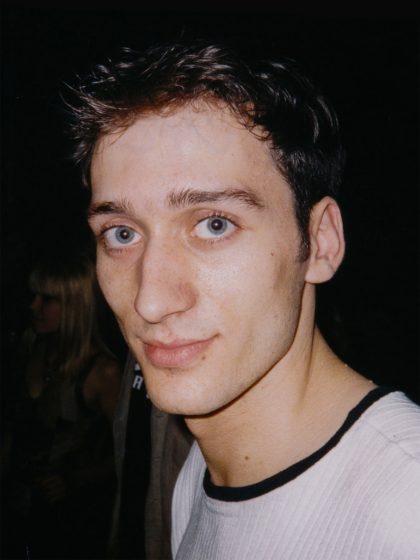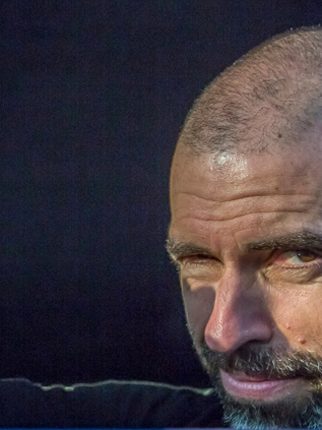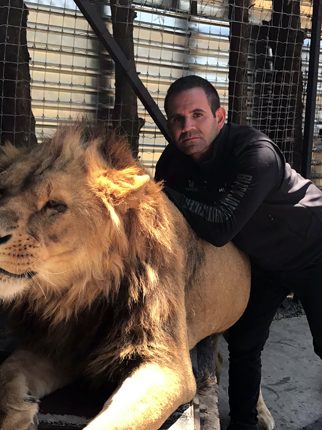The Night I Fell in Love With Dance Music: Andrew Goldstone

Andrew Goldstone has been present for the rise, fall and resurrection of dance music. While at first intimidated by the wild world of clubland when he started going to parties in the early ‘90s, the New York City-based manager and lawyer soon became a power player, joining Astralwerks as A&R when the label was founded in 1993. The first artist he signed was Fatboy Slim.
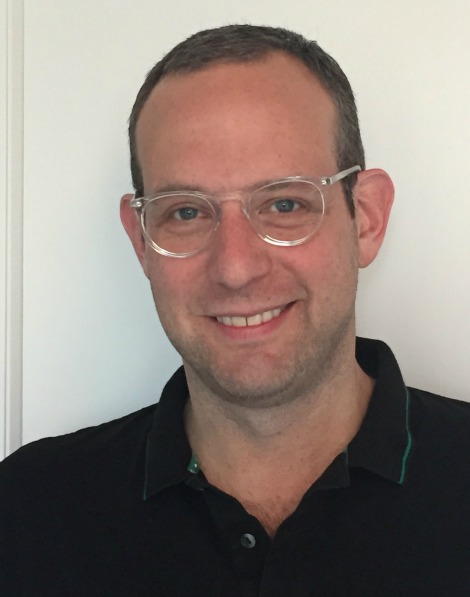
When the dance music business deflated in the late ‘90s, Goldstone went to law school, ultimately getting a job at the entertainment firm Grubman Indursky. There, he was exposed to groundbreaking 360 deals with artists including U2 and Madonna. When he recognized dance music was making its comeback, he began asking electronic artists if they needed a lawyer. His first client was Porter Robinson. Three years ago, he was asked to manage Tiësto
and his label Musical Freedom.
“I’m so grateful for the chance to be around for the second coming of dance music,” he says. “I feel like the luckiest guy in the world.”
“Total mind blown—from a place of what people looked like, to what they were wearing, to what was happening on the dancefloor, to what music was being played. It was like entering another universe that I had never seen or heard before.”
Here, Goldstone talks about the night he fell in love with dance music.
How did you first get into electronic music?
I kind of always loved dance music. I grew up in the ‘80s listening to new wave, which was effectively dance music then. I spent part of my junior year in London in 1989, so at that point the rave scene was pretty much at its height. I went to college in Maine, and I’m from New York City, but I was never really a kid that was going to clubs at 15.
When was the first night you really fell in love with the scene?
I had a friend who was [in London] at the same time, and there was this big rave they were promoting called Biology, and it was going to be out in the countryside. We got tickets and went to the first information point, at which point they said, “It’s in fucking Guildford” or something, and we had no mode of transportation. There were some dudes, and they were like, “You’re welcome to come with us.” So we went with them and spent six hours driving around the countryside of England trying to find this thing, only to eventually find out that it had been shut down by the cops.
Shit.
We got dropped back off around 5am. While it didn’t end up the way I wanted it to, it was such an epic adventure, and just the fact of what people were doing on the weekends to go have fun—go on this massive adventure to find the party—I was just like, “This is fucking amazing. How do I do this more? And how do I get to go a real one?”
I was always obsessive about music, so I was buying 12-inches and stuff when I was in high school. Musically, I totally knew what was going on, but I hadn’t ever heard it outside of my room. So, though unsuccessful, it was just an amazing night, and that kind of led me to try and seek out places in New York.
What parties did you find there?
I ended up going to this place called NASA. It was basically a rave in a warehouse in Tribeca, and I eventually became friends with a guy who was running it—a guy named DB. That was really kind of when it first started being serious for me, and I was like, “This is my shit.” At the time, I was doing independent radio promotion for rock bands, college radio and stuff, but on the weekends I was going to NASA and other places, and I just wanted to be involved in dance music.
What was that first night at NASA like?
Total mind blown—from a place of what people looked like, to what they were wearing, to what was happening on the dancefloor, to what music was being played. It was like entering another universe that I had never seen or heard before. And at that point, I wasn’t a DJ, so I didn’t know all these records, and at that point the scene was more evolved and there were all of these records and sounds and styles. Hearing breakbeat and house and techno, it was just like, “Holy fuck, this is mind-blowing.” Honestly, it was overwhelming. It was such an insular world that not looking like a raver at that point, it was very strange to be in the midst of everybody who seemed to belong to a tribe that I didn’t.
What were you wearing, and whom did you go with?
I went by myself. I have no idea what I was wearing—probably jeans and a T-shirt.
Do you have recollections of specific moments in which you were like, “Holy shit”?
Yes, hearing “Plastic Dreams” by Jaydee was just mind-blowing. It was such a unique-sounding record and for me, hearing records that sound so dramatically different from anything you’ve ever heard before, it was just so exciting. To be in a place where musically you’re being exposed to so many things that are completely new and different and fresh was incredible, truly.
Did you dance?
Later in my raving days, I was definitely on the dancefloor, but I think that night I was probably just too intimidated. I probably didn’t stay that late. I probably went at 11 and left at 1, before anything was really kicking off, but as I said, it was super intimidating.
How did you get over that and ultimately become a person who was out there, letting loose?
I worked hard to immerse myself in the culture, mostly from a music perspective. Then I started to meet people who were involved in the scene in New York. There really weren’t people from the music business involved in that, because there was no music business in that realm—except for maybe Astralwerks. There were obviously people who were doing 12-inches and stuff, but there was nothing from the more traditional music business. I think it was interesting to people to have someone who came from a more traditional music business environment. I became friends with a bunch of people and brought my friends into that world, and eventually it became something that was incredibly comfortable. Honestly, I felt more at home with that crowd than anywhere else.
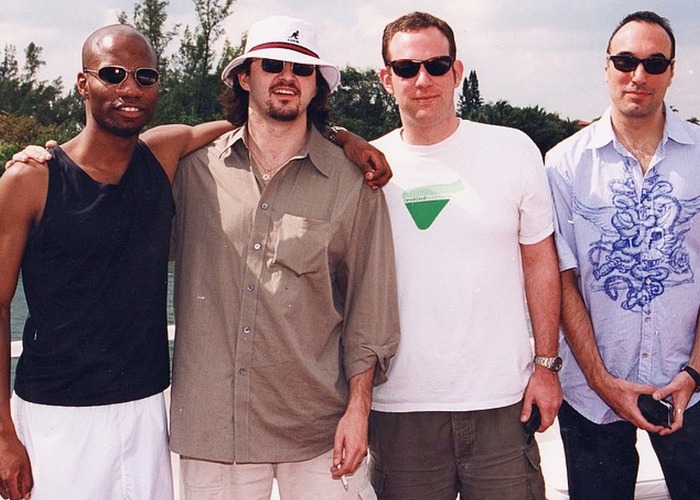
Is there a moment you remember when you felt you were really a part of a scene in which you had previously felt like an outsider?
I’m sure it was some rave where I knew the promoter and got in on the guest list. I didn’t really feel that way until I was at Astralwerks, where it was actually my job to be places and hear music and check things out. I had been at EMI, and I took a massive pay cut to go to Astralwerks, but I was so completely sure that that was the right thing to do; I was getting the opportunity to do what I loved in a way that my job at EMI couldn’t compare. It was incredibly gratifying to be involved with that label at that period of time. It was an amazing opportunity.
Follow Insomniac.com on Facebook | Twitter

